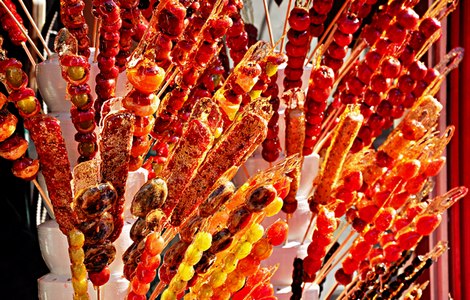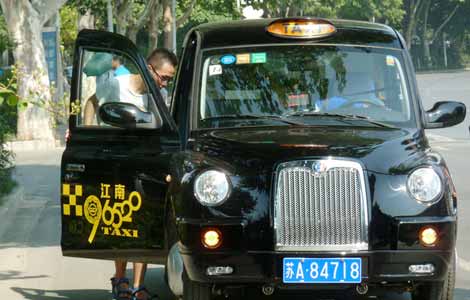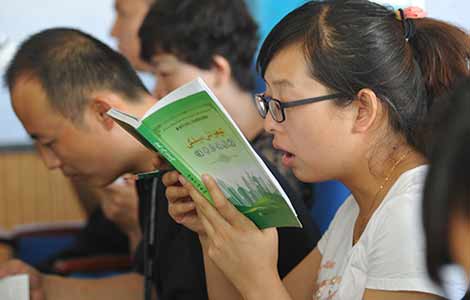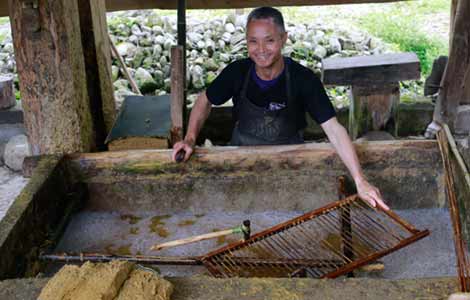Flower cakes catch tourists' attention in Yunnan
Updated: 2013-08-11 08:36
By Guo Anfei and Li Yingqing (China Daily)
|
||||||||
It used to be ham, wild mushrooms and pu'er tea, but not any more. Visitors from Yunnan are now taking home roses, in cakes. Guo Anfei and Li Yingqing report from Kunming.
Supermarkets in the cities stock aisles and aisles of the product, and special booths at the new airport in Kunming sell this and nothing else. The same is happening in other major tourist destinations in the province such as Dali and Lijiang. The flower cakes have definitely caught the attention of tourists coming to Yunnan, but it is a relatively new seduction.
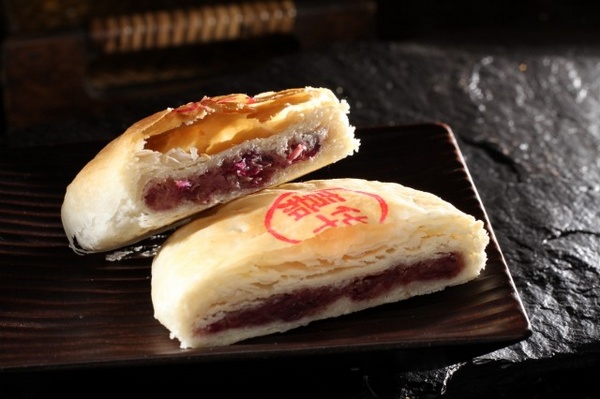 |
|
Flower cakes. Photos provided to China Daily. |
It did not take a Eureka moment to spark the trend, but some believe that it took some push to get it going.
"The flower cake has been around for more than 20 years, but they had been mostly eaten locally.
"Traditionally, people in Yunnan looked at roses as food and flower cakes were eaten at breakfast and as snacks," says Zhang Chao, general manager of Yunnan Jiahua Food, currently one of the biggest producers of these rose pastries.
"In 2007, we mapped out the commercial production of flower cakes, took a new look at the product and its packaging and presentation. We also looked at advertising, and creating franchises." It was a fortuitous move that quickly brought visible returns.
The first franchise store opened in July 2010 and the shop sold 130,000 yuan ($21,203) that first day, breaking a record in the baking industry in China.
Zhang says the sale of these pastries has increased by 50 percent year on year since 2008.
In 2012, Jiahua's total sales of rose pastries reached 15 million yuan, or about a third of the company's total revenue.
Currently, Yunnan Jiahua Food has 3,000 mu (200 hectares) of land cultivating roses that are edible. A third of the production base lies in Lufeng county, Chuxiong Yi autonomous prefecture, and the rest is located in Malong county, Qujin city.
Together, the Jiahua plantations produce 1,200 metric tons of roses that are used in the pastries.
Most Viewed
Editor's Picks

|

|

|

|

|

|
Today's Top News
Searching on missing Chinese is still underway
Human H7N9 infection confirmed
Beijing busts big fraud gang
40 killed in attacks across Iraq
Chilly talks expected for US, Russia
India, Pakistan exchange fire
One missing Chinese found safe
50 medical workers die in 50-year foreign aid
US Weekly

|

|


